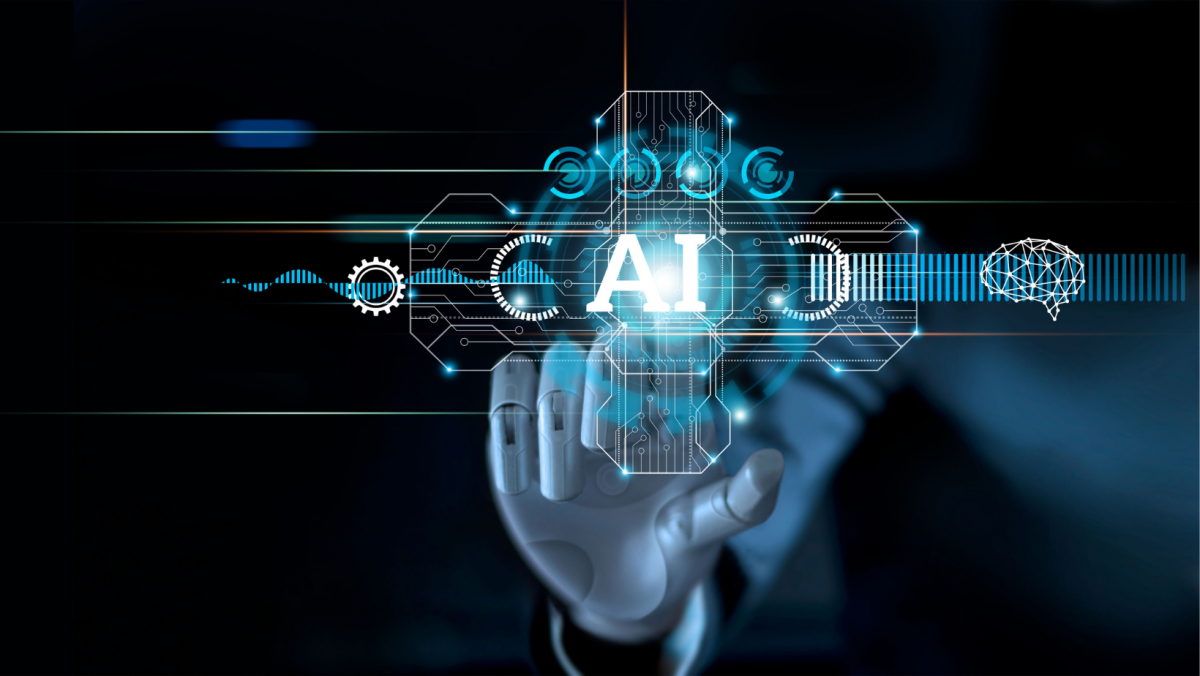With artificial intelligence (AI) processing huge amounts of data and executing complex algorithms free of human error and with amazing speed, we’re already knee-deep in artificial technology. For example, AI is an exceptional tool for medical research that may protect us from future pandemics.
However, AI mimics human intelligence to perform certain tasks; and that can only go so far. Although AI may solve problems and make things easier and quicker in business, medicine and manufacturing, the human element is still essential. While AI programs can operate around the clock, they are missing several important skill sets, including the ability to contextualize or generalize.
Here are just a few examples where AI can’t compare to humans:
Doctors – While AI can sometimes make medical diagnoses quicker and easier, there is no replacing the benefits of a face-to-face with a real, live doctor who can show empathy and examine you more thoroughly, detecting things that AI simply can’t.
Big business – Although AI can provide valuable tools in business, there is just no way it can replace sales professionals who can read the room, use the power of persuasion and play on human wants and desires to make a sale or solid pitch.
Writers – Creative copywriting that is not just a regurgitation garnered through extensive research, but an innovative expression through words unique to certain issues and able to evoke emotion will also be left to those in possession of feelings and imagination.
AI is highly structured, making it an excellent facilitator of the repetitive tasks we humans tend to dislike and leaving critical thinking, good judgment and human intuition to…well, humans! So, in all probability, at a higher rate than it would take jobs from people, evolving AI may more typically augment jobs. The implementation of AI will also require the creation of additional jobs, as we humans will be required to oversee and facilitate many facets of AI. Additionally, we mere humans will also be the ones with the ingenuity to adapt AI to new and different circumstances.


